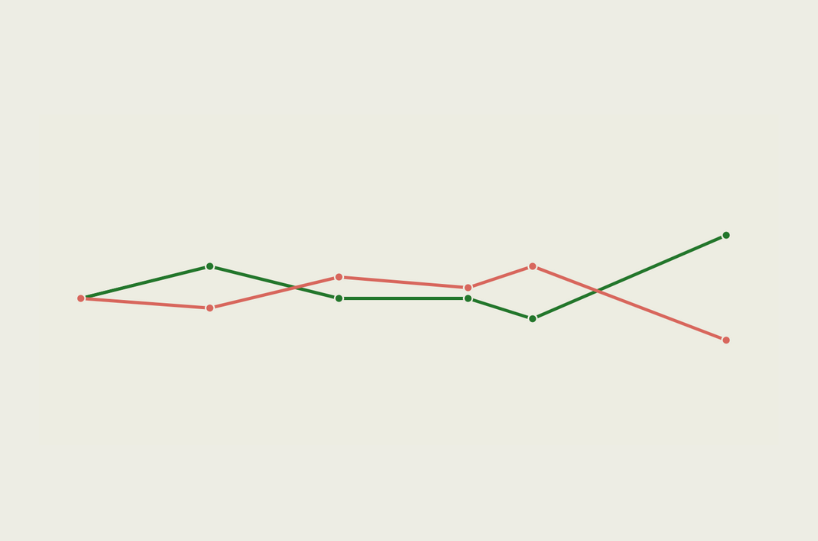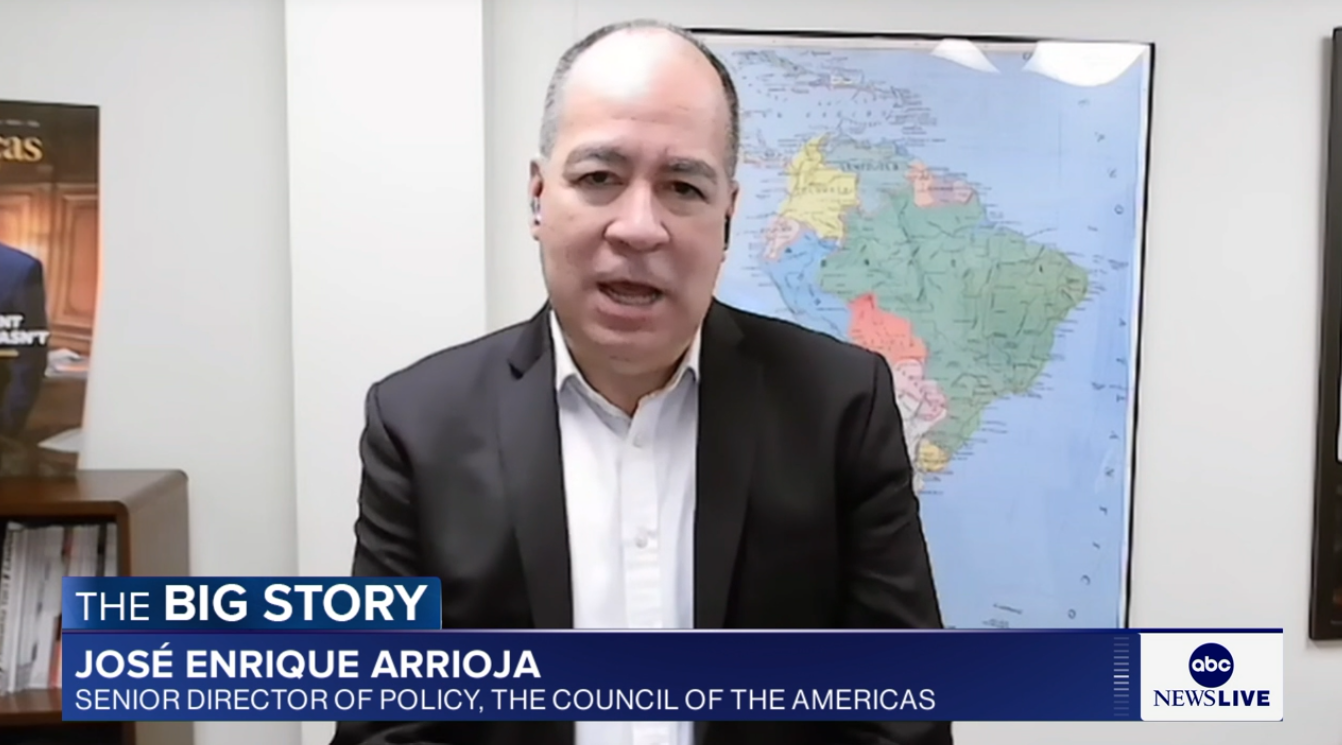Venezuela Is Stabilizing. So Is Maduro. Too Late for New U.S. Sanctions?
Venezuela Is Stabilizing. So Is Maduro. Too Late for New U.S. Sanctions?
“The Trump administration has...relied on sanctions to get where it wants to go on Venezuela, but sanctions won’t do it,” says AS/COA's Eric Farnsworth to The Christian Science Monitor.
When the numbers came in last month on Venezuela’s oil exports for the last half of 2019, they told two stories.
One was of a national industry operating well below the heyday levels of a half-decade ago, when the country with the world’s largest proven oil reserves was exporting nearly 2 million barrels of crude a day.
But the numbers also told of a modest recovery in exports that has helped buoy the embattled government of President Nicolás Maduro...
“Everything suggests that Maduro remains firmly in control—until he’s not,” says Eric Farnsworth, vice president of the Council of the Americas in Washington. Fortunes can change precipitously for despots, he adds, “but for right now, if I’m Mr. Maduro I’m thinking I won. And what that portends for the hemisphere is a de facto second Cuba, but this time with oil.”...
To explain how Mr. Maduro has been able to recover, regional experts cite a combination of a U.S. policy too reliant on sanctions, a disorganized and uninspiring political opposition, and a population worn down by food shortages, repression, and mounting violence.
“The Trump administration has pretty much relied on sanctions to get where it wants to go on Venezuela, but sanctions won’t do it,” says Mr. Farnsworth. “Sanctions are good for raising the costs of certain behavior and for causing pain,” he says, “but I’m not aware of any circumstances where sanctions have led to a change in government.”...
Despite what looks like new interest in the Trump administration in bringing change to Venezuela, the Council of the Americas’ Mr. Farnsworth says he sees little reason to think things will be much different a year from now...








